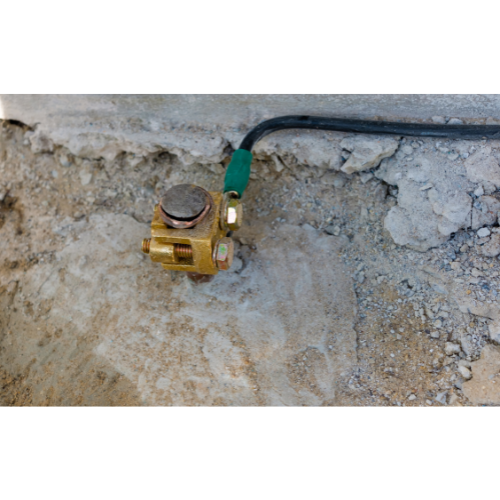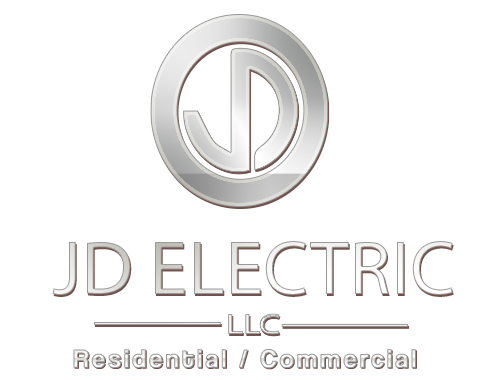Empowering Homes: The Rise of Residential Energy Storage Systems

As the demand for clean and sustainable energy grows, residential energy storage systems have emerged as a promising solution for homeowners. These systems allow individuals to store excess energy generated from renewable sources and utilize it during times of high demand or when the renewable sources are not producing electricity. In this blog post, we will explore the rise of residential energy storage systems, their benefits, and their role in shaping the future of home energy management.
Understanding Residential Energy Storage Systems:
Residential energy storage systems are comprised of batteries or other storage technologies that store electricity generated from renewable sources, such as solar panels or wind turbines. We will discuss how these systems work, their components, and the different types of batteries commonly used for residential energy storage.
Benefits of Residential Energy Storage Systems:
There are numerous benefits associated with residential energy storage systems. We will explore these advantages, including energy independence, increased self-consumption of renewable energy, reduced reliance on the grid, and the potential for cost savings through time-of-use optimization and grid arbitrage.
Optimizing Solar Energy with Energy Storage:
Pairing residential energy storage systems with solar panels can significantly enhance the benefits of solar energy. We will discuss how energy storage allows homeowners to maximize self-consumption, store excess energy for use during nighttime or cloudy days, and potentially reduce reliance on the grid, leading to greater energy independence.
Demand Response and Grid Flexibility:
Residential energy storage systems have the potential to contribute to grid flexibility and demand response initiatives. We will explore how these systems can be integrated into smart grid networks, allowing homeowners to participate in demand response programs and provide valuable energy resources to the grid during peak demand periods.
The Role of Energy Storage in Emergency Preparedness:
Residential energy storage systems can also serve as backup power sources during grid outages or emergencies. We will discuss how these systems can provide homeowners with reliable power for critical loads, such as lighting, refrigeration, and medical equipment, ensuring greater resilience and peace of mind.
Trends and Future Outlook:
We will examine current trends in residential energy storage systems, including decreasing costs, technological advancements, and increasing consumer demand. Additionally, we will discuss the potential future developments in the field, such as improved battery technologies, increased energy storage capacity, and integration with smart home automation systems.
Conclusion:
Residential energy storage systems offer homeowners the opportunity to take control of their energy usage, maximize the benefits of renewable energy sources, and contribute to a more sustainable energy future. With their numerous advantages and evolving technologies, these systems are becoming an integral part of home energy management. By embracing residential energy storage, homeowners can play an active role in the transition to clean and resilient energy systems.
Take charge of your electrical needs today! Contact JD Electric LLC for expert solutions. Visit www.jdelectricllc.com or call (734) 216-0787 for a reliable and professional electrical service you can trust.












